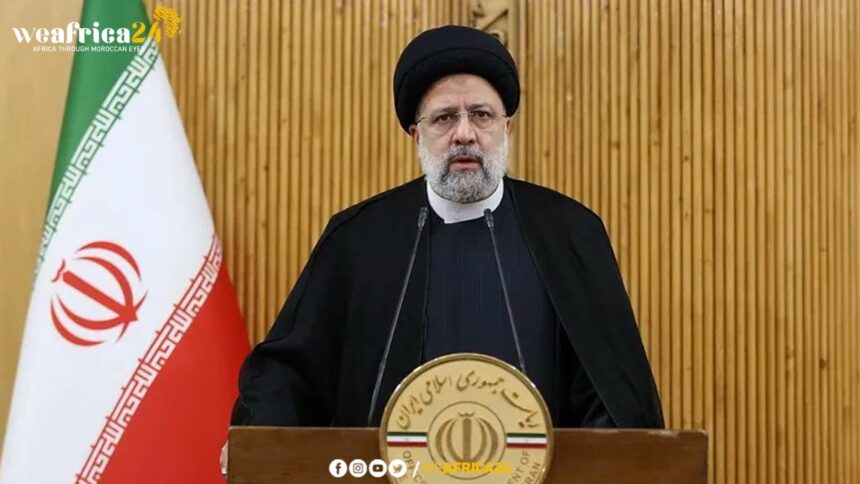Iran faces a significant political transition following the tragic deaths of President Ebrahim Raisi and Foreign Minister Hossein Amirabdollahian, who were killed in a helicopter crash in the mountainous northeast region of the country. The crash, confirmed by Iranian state media on Monday, has left the nation in a state of mourning and uncertainty.
The Iranian News Agency (IRNA) reported that the government cabinet is currently in session to address the aftermath of President Raisi’s death and to plan the official funeral ceremonies. The details regarding the date and location of the president’s memorial will be announced in due course.
The Guardian Council, Iran’s constitutional watchdog, stated that a council will be formed to oversee the organization of new presidential elections. This council will include the Speaker of the Parliament, the Chief Justice, and other key officials.
According to the constitution, with the approval of the Supreme Leader, the First Vice President will assume the responsibilities of the president. Mohammad Mokhber, as the First Vice President, is expected to take on the interim presidency. In this capacity, Mokhber, along with the Speaker of the Parliament and the Chief Justice, will be responsible for arranging a new presidential election within 50 days of the president’s passing.
Outlined below are the constitutional provisions relevant to the scenario of a president’s incapacitation or death:
Article 113 of the Iranian Constitution: This article establishes the president as the highest-ranking official in the country after the Supreme Leader, responsible for the implementation of the constitution and the leadership of the executive branch.
Article 131 of the Iranian Constitution: In the event of the president’s death while in office, the First Vice President assumes the presidential duties, pending confirmation from the Supreme Leader, who has the ultimate authority in all state matters.
The interim council, comprising the First Vice President, the Speaker of the Parliament, and the Chief Justice, is tasked with organizing a new presidential election within a maximum of 50 days.
President Raisi, who was elected in 2021, was expected to serve until the next scheduled elections in 2025. However, with the current circumstances, a new presidential election is anticipated to take place by early July.
As the country navigates this period of political transition, the coming weeks will be crucial in determining the future leadership of Iran. The nation and the international community await further developments as Iran prepares for the upcoming elections and the selection of a new president.







